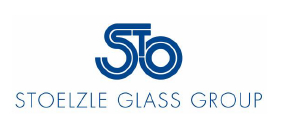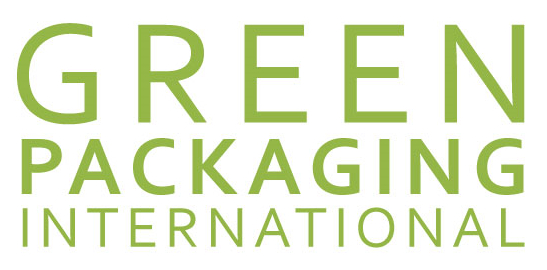Stoelzle Glass Group, a leading packaging glass manufacturer is proud to announce the publication of its third Sustainability Report. The report highlights the company's commitment to continuous improvement in sustainability practices focussing on energy, resource efficiency and employees.
 Stoelzle’s group-wide science-based decarbonisation targets were submitted to Science Based Targets Initiative (SBTi), and have now been officially accepted. The company commits to ambitious goals, including a 50% reduction in absolute GHG emissions (scope 1 and 2) by 2030 and a 15% reduction in absolute GHG emissions (scope 3) from a 2019 base year. Georg Feith, CEO of Stoelzle Glass Group, appreciates this great achievement: "We are proud to be one of 4,000+ companies worldwide and one of a few companies within the European glass industry with an official SBTi climate protection target. Stoelzle Glass Group remains committed to continuous improvement and driving sustainable practices in all aspects of our operations."
Stoelzle’s group-wide science-based decarbonisation targets were submitted to Science Based Targets Initiative (SBTi), and have now been officially accepted. The company commits to ambitious goals, including a 50% reduction in absolute GHG emissions (scope 1 and 2) by 2030 and a 15% reduction in absolute GHG emissions (scope 3) from a 2019 base year. Georg Feith, CEO of Stoelzle Glass Group, appreciates this great achievement: "We are proud to be one of 4,000+ companies worldwide and one of a few companies within the European glass industry with an official SBTi climate protection target. Stoelzle Glass Group remains committed to continuous improvement and driving sustainable practices in all aspects of our operations."
As a key aspect of Stoelzle's sustainability roadmap, the company is driving decarbonisation efforts, reducing energy demand in glass production and increasing the use of renewable energy sources.
The following milestones have been achieved so far:
Process & Energy Data Management System:
The implementation of the Process & Energy Data Management System at all Stoelzle sites has already led to significant energy savings between 3% and 5%, by improving the energy efficiency at the sites. The system tracks and assesses changes in energy consumption, optimising cooling curve settings in the lehrs, detecting leaks and defective machines, and monitoring water consumption. For example, actions taken during the reconstruction of one furnace resulted in a 50% reduction in the amount of municipal water used at the Austrian plant.
Batch Preheater:
The Company's commitment to energy efficiency is demonstrated by the implementation of a batch preheater at its Austrian production site. This technology utilizes waste heat from the exhaust to preheat and dry the raw material mixture, reducing furnace energy consumption by over 8% and resulting in annual energy savings of 4,000 MWh. The remaining waste heat is fed into the local district heating network, providing heat to approximately 1,800 households.
Organic Rankine Cycle:
By the end of 2023, Stoelzle will produce approximately 7% of the Stoelzle Czestochowa plant’s total electricity consumption from waste heat. The waste heat is used for steam production, which is then transformed into electricity by using a turbine and generator (in a so called Organic Rankine Cycle).
Electric Furnace & Feeder:
Stoelzle is actively investing in research to replace gas with electricity in its production processes. It is part of the international research consortium IPGR (International Partners in Glass Research) focused on developing a "glass furnace of the future" that utilises green hydrogen and electricity for maximum energy efficiency. By 2024, Stoelzle plans to have a fully electric feeder in operation at its Austrian amber glass furnace, setting an example for the European glass industry.
Stoelzle Glass Group's Sustainability Report demonstrates its unwavering dedication to sustainability and the implementation of global best practices. By prioritising decarbonisation, resource efficiency, and circularity, the company strives to be an industry leader in sustainable glass manufacturing.
The Stoelzle Glass Group is a family-run company with six European and one US production plants. The Group has been producing high-quality glass packaging for the spirits, pharmaceutical, perfumery & cosmetics, food & beverage sectors for over 200 years. Stoelzle covers all areas from product development, production, decoration to the delivery of closures.
The Science Based Targets initiative (SBTi) is a collaboration between CDP, the United Nations Global Compact, World Resources Institute (WRI) and the World Wide Fund for Nature (WWF). The SBTi defines and promotes best practice in science-based target setting and independently assesses companies’ targets if they support Paris climate protection agreement to reduce global warming.
